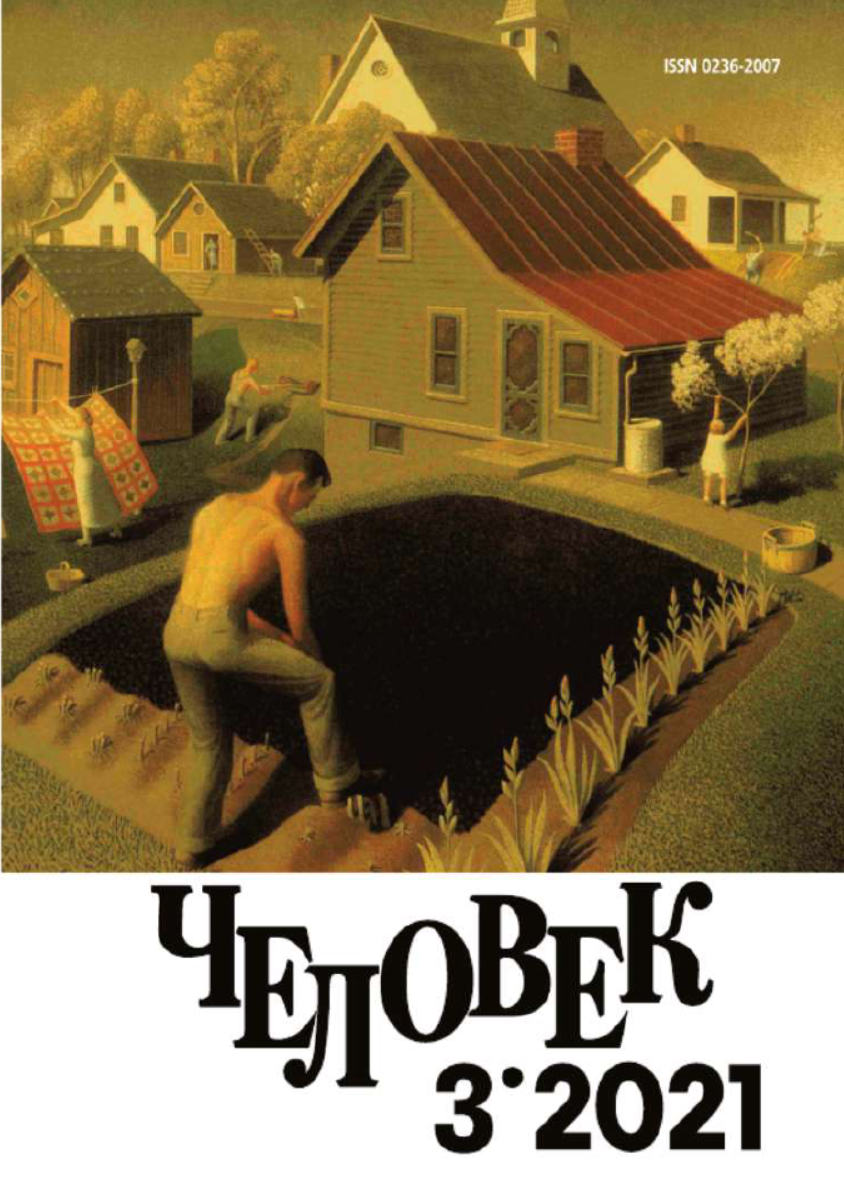Rawls and the Meritocracy Controversy
Keywords:
J. Rawls, theory of justice, meritocracy, M. Young, D. Bell, T. Piketty, modern society, inequalityAbstract
The article examines the views on justice of the American philosopher D. Rawls in the context of his polemics with the theories of meritocracy. It is noted that the Western society of the first post-war decades is precisely a meritocratic society in which the corresponding concepts arise. At the same time, thanks to the work of the British sociologist and politician M. Young, a critical tradition in understanding meritocracy has been formed. D. Rawls follows this tradition, arguing that the formulation of his principles of justice does not lead to a meritocratic society. From Rawls ' point of view, meritocracy socially and culturally impoverishes the lower class and as such aims to bring prosperity to the technocratic elite. At the same time, Rawls thinks pragmatically, not completely rejecting the idea of a “merit society” but trying to put it at the service of “the least successful”. The article also shows that modern Western society is largely anti-Rawlsian, due to the high concentration of wealth and the formed hypermeritocracy. Therefore, it is no accident that representatives of the intellectual elite of Western societies are extremely concerned about the problem of inequality today, and in general, this situation of inequality makes the concept of Rawls very relevant.






